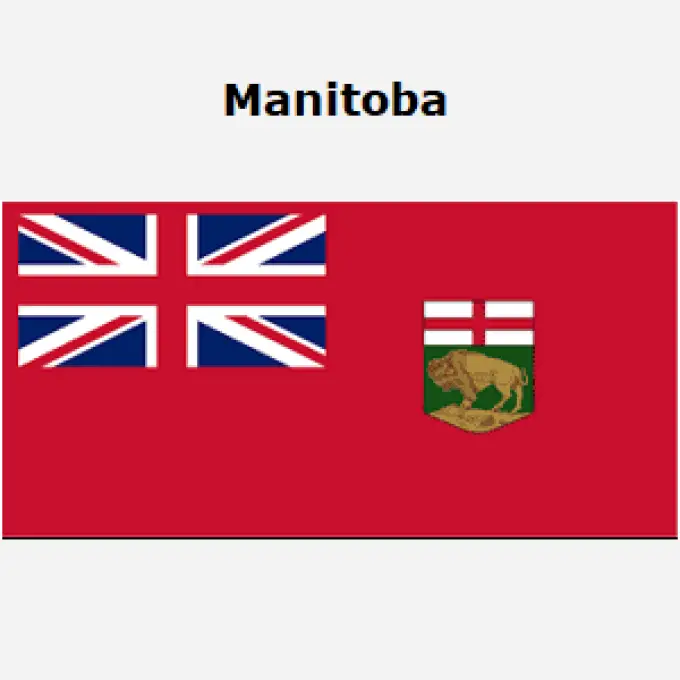Assiniboine Tipis – The conical shelter known as wigwam has been used by the Eastern Woodland Indians for millennia. The wigwam was a pole frame covered with large sheets of birch bark. When tribes such as the Sioux, Arapaho and Cheyenne moved to the Great Plains, they had to adapt their wigwam to a new way of life. Birch bark was not longer available, it was replaced by buffalo hides. Smoke flaps were also added to keep winds from blowing into the tipi. The tipi was a comfortable shelter. It could be taken down quickly, packed onto a travois, and put up again elsewhere in no time.
The traditional tipi is not a true cone, it is tilted, leaning back a little. Its floor plan is shaped much like an egg, longer from back to entrance, shorter from side to side. The location of fireplace is off-center, closer to the door, leaving more useable space at the back of the lodge. There are several known tipi styles, some are based on a 3-pole foundation, others have a 4-pole foundation.
One last comment about the teepee! This is not like any other tents. Fact is, it is more like a sanctuary, a connection to Mother Earth, please treat your tipi accordingly! Hand Made, Well Made, Strong Made
Owned In: Manitoba
Made In Lundar, MB:
- Teepees
- Liners
- Poles and Stakes

